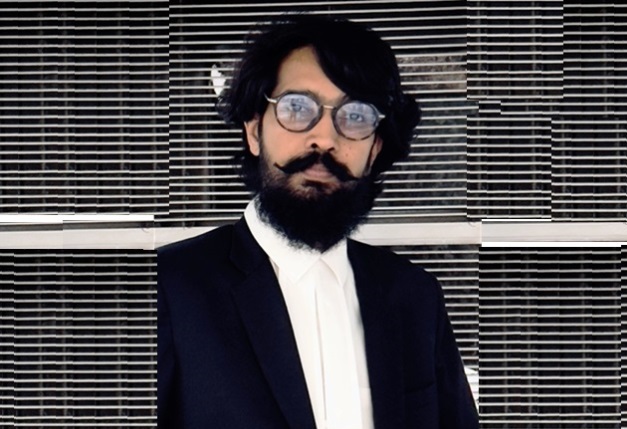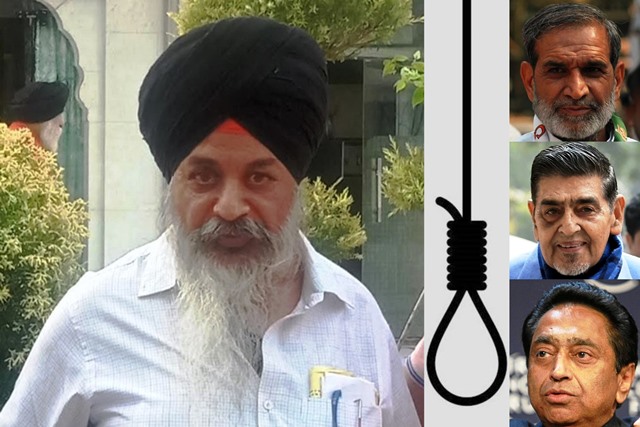Naren Singh Rao, a Delhi-based lawyer who specialises in criminal & human rights laws, says the entire police system shielded the likes of Sajjan Kumar to hamper the case. His views:
The final judgement in the Sajjan Kumar case, which came after an excruciating 41-year wait, indeed, illustrates the adage ‘justice delayed is justice denied’. This profound miscarriage of justice underscores the serious and critical problems plaguing the judicial system and the rule of law in India.
First, the delay stems from the structural constraints of the Indian judiciary, which is significantly burdened by a monumental backlog of cases. This is largely due to the acute shortage of judges and the abject inadequacy of judicial infrastructure. Indeed, India has one of the poorest judge-to-population ratios globally. As of December 2024, the judge-to-population ratio in India was 21 judges per 1 million people.
It is important to mention that, traditionally, criminal cases were resolved somewhat faster than civil cases in India. However, with the passage of time, this distinction is fast eroding. Today, court cases take so long to conclude that people are increasingly discouraged from seeking justice through the judicial system.
Indeed, this must not be viewed merely as a failure of the judicial system, but as an emerging failure of the very rule of law itself in India. This could have severe consequences. This abysmal state of affairs may encourage people to take the law into their own hands, potentially leading to civil unrest in India.
ALSO READ: ‘Only Death Penalty For Sajjan, Others Can Heal ’84 Wounds’
Indeed, it is as clear as daylight that the entire police system (which functions in India both as an investigation agency and prosecution, quite contrary to mature democracies wherein these two separate functions are performed by stand- alone, independent agencies), illegally shielded the likes of Sajjan Kumar with full official might and by going out of their way. In fact, it has been alleged that some of the cops who protected the likes of Sajjan Kumar during and after the 1984 killings of Sikhs were rewarded by the government by way of promotions, etc.
It is only thanks to solid, consistent protests and efforts of the common of people, and certain dedicated lawyers, that such a verdict could see the light of day. In fact, keeping in view the aforesaid background, it seems like a miracle that he has been ultimately held guilty by the court.
The precedent of this particular case is notable because it represents a rare and significant occasion whereby a politician has been found guilty by a court of law for actively and directly participating in murder within the context of organised killings, documented widely as tacitly and overtly backed by the ruling regime at that time.
Nevertheless, it is crucial to acknowledge that the judgment’s impact is diminished by its lateness and limited scope, failing to provide timely justice and a sense of closure to the affected individuals, their families, and the broader community. For the families and friends who survived and suffered the loss of their loved ones, truly, this judgment is too late and too little.
As told to Amit Sengupta

